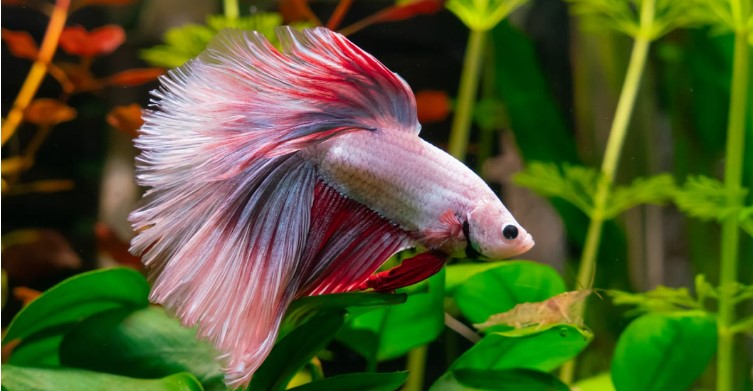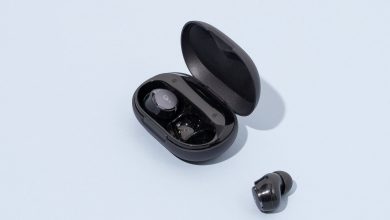A Comprehensive Guide to the Life Cycle of Betta Fish

What Do You Know About Betta Fish?
Betta Fish is one of the most popular fish worldwide due to its beautiful colorations. They are also known as Fighter fish. Betta fish are popular as pet fish. There are about 70 distinct varieties of bettas that have been specifically reproduced for explicit characteristics, including fine appearance, beautiful colors, and patterns.
The betta got its name from an old family of heroes, called the “Bettah”. The fish was given a soldier’s name after the battling fish became well-known during the 1800s. Bettas, in contrast to different species, are not tutoring fish and will battle with one another, As compared to their gender, Bettas like to swim alone and furthermore need an agreeable spot to stow away.
The Life Cycle Of Betta Fish:
The Betta life cycle starts when a male and female betta meets each other but sometimes it may result in serious injury or sudden death of the female fish. The male Betta made a bubble nest and when complete the female Betta will lay her eggs onto the male Betta’s tail where he then prepares them. When preparation of the eggs has occurred, the male Betta will then, at that point, utilize his mouth to move the eggs to the bubble nest he has made. At this stage, it is better to remove the female betta from the tank as the male betta becomes forceful towards them after the mating system is finished.
The Betta egg lays at the outer layer of the water that is located in a large space which is taken care of by the male Betta fish. Betta fish eggs really need oxygen to develop and for this reason, the eggs must lay near the outer surface. Once the generating system is finished the eggs will take simply 24 to 48 hours to incubate. How much Betta fry that will bring forth can’t be anticipated and can be somewhere in the range of 1 to 300.
When the Betta fish hatch they will at first feed off their eggs and will remain nearby the eggs for at least 24 hours. After they have totally eaten their yolk sack, which for some cooks takes up to five days, the male parent ought to be eliminated to try not to have any battle with the fry.
The Development Process of Child Betta:
The overall development of a child betta will take three to six weeks. At this stage, the betta child is strong enough to breathe at the outer surface. It isn’t until week 8 or 9 of Betta’s life that they will start to show their basic colors. It is additionally at this stage that the vast majority of your Betta fish should be isolated from one another because of them physically developing and endeavoring to battle different kin. Following three months old the Betta fish has arrived at a grown-up hood and can’t be kept in a similar tank as one more Betta fish or various different types of fish.
Main Factors Regarding Betta Fish:
- Good Quality Water: If the quality of water is good the fish will live long lasting otherwise it will die soon.
- Strong Diet: Same as fresh water, the diet is also the main factor behind a healthy Betta. Always try to eat a good diet for your fish.
- Take care of Betta Fish: Take care of betta with full attention. Changing the water on time, taking care of the temperature, and providing the best feed.
- Behavior: When we talk about the behavior of betta. They are usually aggressive. They mostly fight with each other. Male bettas are more aggressive than females. So, keep in mind, You have to use a separate tank for both genders.
Some Tips and Guides about Betta Fish:
- Betta splendens are local to Thailand, Cambodia, Laos, and Vietnam, where they live in pools and streams. To make them survive in these warm, less oxygenated places, they utilize an extraordinary maze organ that permits them to inhale air over the water’s surface, in spite of the fact that they additionally have gills like other fish.
- As a result of this capacity, certain individuals accept bettas that can be kept in little dishes or bloom containers. As pets, bettas ought to be kept in a separate, warmed aquarium with adequate space for improvements and for the betta to swim around in, and at a temperature somewhere in the range of 76° and 84° F.
- At lower temperatures, they become languid and can face many diseases. Plants and different enhancements to give cover and a safe top are likewise required, particularly in little holders, to forestall your betta from leaping out of its fish tank looking for a cleaner, or bigger waterway.
- While cleaning a betta’s tank, ensure you just take out 33% of the water each time and supplant it with new water. This will delicately permit the fish to acclimate to the temperature and pH of clean water.




